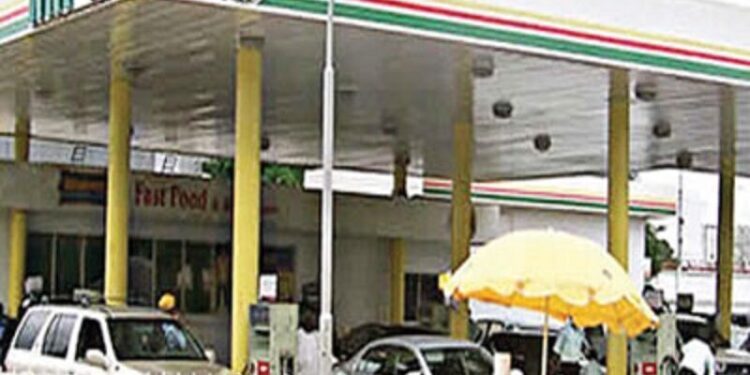Petrol pump price rose to N1,030 per litre at various outlets of the Nigerian National Petroleum Company Limited (NNPC Ltd) in Abuja on Wednesday, PREMIUM TIMES has reported.
According to the report, the recent development comes after the NNPC decided to terminate its exclusive purchase agreement with Dangote Refinery.
Earlier on Monday, this newspaper exclusively reported that the Nigerian National Petroleum Company Limited (NNPC Ltd) is ending its exclusive purchase agreement with Dangote Refinery, opening up the market for other marketers to buy petrol directly from the refinery.
This means the NNPC will no longer be the sole off-taker, and marketers can now negotiate prices directly with Dangote Refinery. This development aligns with the current practices for fully deregulated products, where refineries can sell directly to marketers on a willing buyer, willing seller basis.
The NNPC lifted about 103 million litres of petrol from Dangote Refinery between September 15 and 30. The refinery was able to load 2,207 of the 3,621 trucks sent to it within the period under review.
Giving a background to the development, PREMIUM TIMES recalled that the NNPC had claimed in September that it was buying petrol from Dangote Refinery at N898.78 per litre and selling to marketers at N765.99 per litre, shouldering a subsidy of almost N133 per litre. However, the company said this arrangement is no longer sustainable.
The vehicles carried just 102,973,025 litres of the planned 400,000,000 litres of petrol earmarked to be lifted from the refinery at 25 million litres per day. That translated to just 26 per cent performance, records seen by PREMIUM TIMES show.











